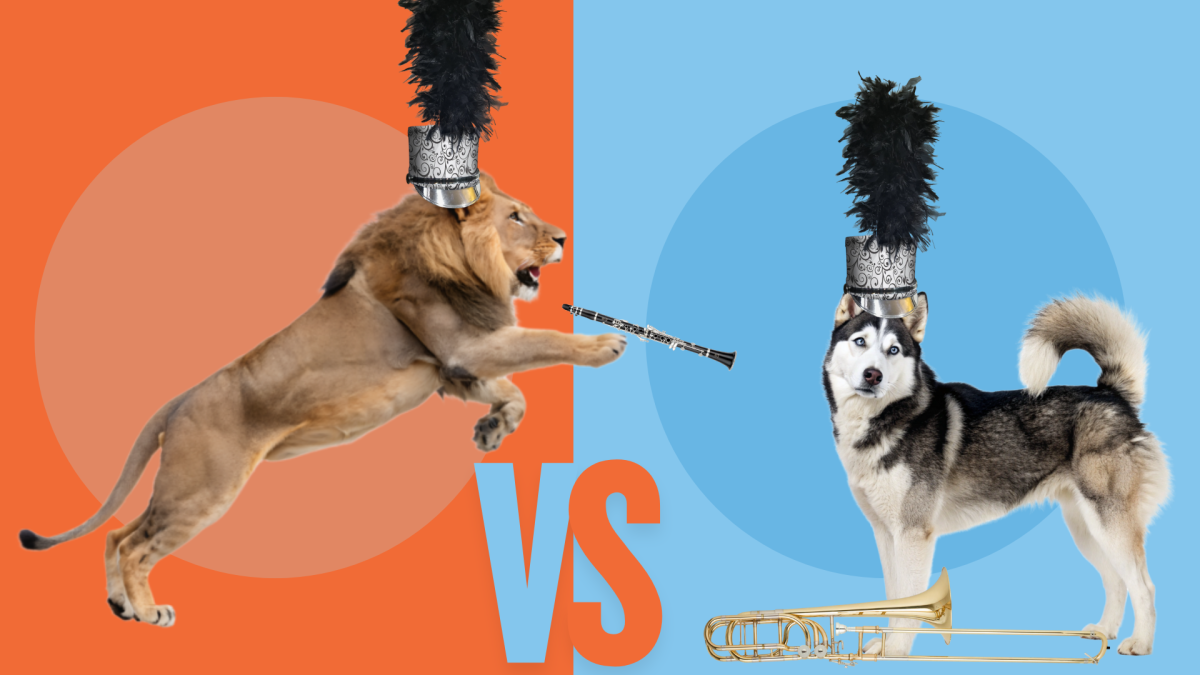The time of December is upon us, and with December, the time of all the best known holidays of the year are forth and coming. Christmas, Hanukkah, Kwanzaa, and New Year’s Eve are all familiar in the eyes of the public and heralded as important moments at the end of the calendar year.
But what about those holidays that we do not hear about? Those holidays that are obscure, or just unknown in entirety, by the populace of Oviedo High School? Well, some of these holidays are pretty interesting, and their elusiveness from the common knowledge is a thing to be lamented. But some of those holidays are rather defaced from their traditions, or I believe do not contain a lot of depth. So here are seven holidays ranked from understood, to unfortunate obscurity.
- Wright Brothers’ Day
Wright Brothers’ Day does not serve much of a purpose, and is cared for by only some people in North Carolina, if even that. So that begs the question: why is this a nationally observed celebratory day? Methinks it has something to do with the fact that America wants to rub it in the world’s face that we were the ones that created the aeroplane (which is a valid boast). But other than that meanspirited brag, there is little purpose, and even less celebration on its day. The “celebration” in question is commemorated on the 17th of December each year, marking the day of the first successful test flight of a mechanically propelled apparatus (heavier than air, so none of Da Vinci’s theatrical props count, unfortunately). Other than buffs of aeronautical history, or members of the US government, nobody values this day; for reasons that need little explanation.
- Boxing Day
Surprisingly, this holiday actually has nothing to do with the sport of boxing. So despite its good-natured etymology, that kicked it down a few spots. Boxing Day is recognized the day after Christmas Day in most British Commonwealth of Nations, but not our own. It is one of the ancient commemorative days that has been transformed by our foolish society into a modern defacing of tradition. Instead of doing what the men of old did, and giving out to the destitute and the impoverished, we shop for deals on things for ourselves. I say not that everyone does this, but the nations that observe this day have discounts on commodities within the shops; online and in the markets. Because of this vast change in deportment since the 17th century, when the day first found happening, this is the place in ranking it deserves. The deals of today cannibalize the traditions of yesteryear, so that modern meaning kills the respect I have for it.
- Antarctica Day
This begins the section of the ranking where the holidays are no longer as sad due to their existence, but now some are more interesting (or more important) than others. Antarctica Day is one of the more fascinating holidays that occur in December, and it is fitting since the day occurs on the first day of the calendar’s coldest month.
Every December 1st, we commemorate the signing of the Antarctic Treaty, which allowed Antarctica to act as a land free of all international conflict and serve as a continent for scientific research and exploration among all who tread its ice. All nations are subservient to this decision, and because of that, it makes Antarctica the most peaceful continent on the Earth.
- The Feast of the Lady Guadalupe
This is the first of our religiously significant holidays. The feast of the Lady Guadalupe commemorates the patron saint of Mexico, who was visited by the Virgin Mary in the 15th century. The feast is celebrated on December 12th, accompanied by a Bacchanalia of traditional Mexican food, and it goes long into the nightly hours.
I am biased because I am fascinated with Mexican tradition, and also because of the religious significance the day holds for those in that nation. The story behind this holiday is a beautiful one that should be more well known by the local population in general, even if it is not necessarily celebrated.
- Bodhi day
This day–taking place most commonly on the eighth of December–celebrates the day Siddhartha Gautama achieved enlightenment as the first Buddha. It is an important day for Buddhists around the world, and reminds us all of what is important in life: being at peace. The day is not celebrated as festively as the others, as it usually involves a study of Buddha’s teachings (Dharma), meditation, charity, and a simple meal of rice and milk.
Maybe being unassociated with Buddhism, I had never heard of Bodhi Day before. Perhaps that shall ring true indeed for various others at Oviedo High School who are similarly disadvantaged. But even if we do not personally commemorate it, its marking of spiritual enlightenment and study reminds us of a goal we can all strive towards.
- Yule
Yule was a day celebrated by the Germanic peoples on the day of the winter solstice, which is the darkest day of the year. Yule is the only holiday on this list that lasts through multiple days, being recognized as a festival from December the 21st until the first of January. All Germanic barbarians, from the early Nordic peoples to the Anglo-Saxons celebrated Yule, though in different ways. From the drinking of ales, to festivals and grand feasts, all of its practitioners found enjoyment in it, and when converted to Christianity, found the transition rather easy since this holiday fell on the same date.
The history of the ancients is a fascinating subject indeed. Their celebrations (other than being pagan in nature) frankly, are not terribly different from ours. It is fascinating to witness how, despite the fact that time has passed since the archaic eras, we show such little change in our traditions.
- Feast of the Immaculate Conception
This feast is a Catholic holiday that celebrates the sinless conception of the Virgin Mary, who would birth from such spontaneity, the Lord Jesus Christ. Every December 8th, the day is recognized; that is unless December 8th falls on a Sunday, in which case the day is celebrated the next Monday. It is celebrated with parades, food, and public festivities.
The personal favour to this day, aside from its religious significance, is from the perspective of one with an Italian upbringing. Along with traditions like the Feast of the Seven Fishes upon Christmas Eve, this is a tradition with a high degree of sanctity within the nation of Italy. The day is also an event of massive significance within Christianity, showing that no matter what denomination we hail from, we all celebrate the same things regarding their sacred matter.
Amidst the time of the holidays, maybe one of these will strike a chord with you. But even if you do not celebrate any of these, maybe there is something you can learn from them and apply to your life. Happy Holidays!











































